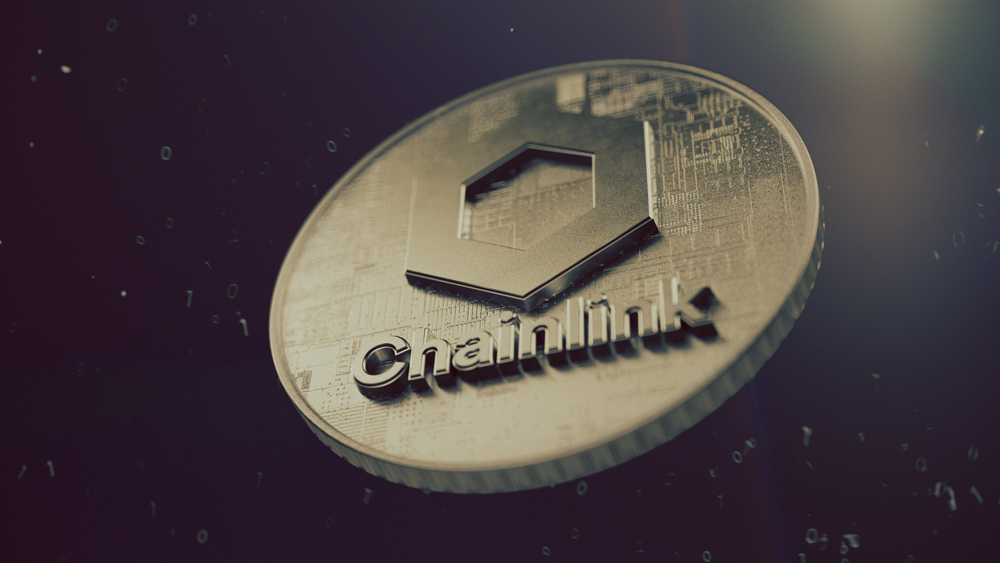Chainlink refers to a decentralized oracle network that aims to link the gap between blockchain-founded smart contracts and actual-world data. It seeks to address what is referred to as the ‘oracle issue’ by incentivizing an international network of computers to safely offer reliable and trustworthy data from external non-blockchain sources onto smart contracts.
The oracle problem is the challenge of securely incorporating external information into the blockchain for smart contracts to be utilized. Blockchains are created to be self-contained, indicating they cannot directly access information from outside the network.
Traditional oracles are intermediaries to pick and relay external information to the blockchain. They introduce specific risks, centralization being one of them.
Ensuring the promptness and correctness of the information offered by oracles is critical. This is because any interfered or incorrect data can result in deceitful or wrong implementation of smart contracts.
It is vital to question the significance of setting up a decentralized and trustless blockchain network if it can be interfered with or manipulated. Additionally, one can ask why there is a need to go through the trouble and finally make honest errors at single points of failure.
How Chainlink Addresses the ‘Oracle Challenge’
Chainlink addresses the oracle problem by using a decentralized network of oracles. This ensures the reliable and safe incorporation of outside data into blockchain environments.
Chainlink imitates the blockchain model by utilizing several independent notes to fetch and confirm data from different off-chain sources. The network ensures data accuracy by combining inputs from several sources and cross-referencing them, eliminating inconsistencies and possible errors.
Chainlink utilizes a reputation system to ensure high standards among its nodes. Nodes are incentivized using LINK tokens to offer timely and correct data.
Chainlink Use Cases Explained
The use cases supported by Chainlink’s decentralized oracle network include:
Prediction markets: Offers correct data for speculating future events, guaranteeing correct outcomes in markets for sports, elections, and economic indicators.
Decentralized finance: Offers reliable price feeds for borrowing, lending, and trading activities.
Stablecoins: Provides price feeds to maintain the stablecoins’ value peg to fiat currencies or other assets.
Gaming and nonfungible tokens (NFTs): Supplies verifiable randomness for making NFTs in-game items, promoting fairness via Chainlink VRF (Verifiable Random Function).
Cross-chain interoperability: Promotes communication between various blockchains, allowing transactions among smart contracts on different platforms.
Tokenized assets: Supports the generation and management of tokenized assets such as stocks and real estate by offering correct data prices.
Chainlink’s Development over the Years
Chainlink was established in 2017 by Steve Elis and Sergey Nazarov. This project generated $32M via an initial coin offering in September 2017, after the unveiling of its white paper that explained its vision for a decentralized oracle network.
In June 2019, the network unveiled its mainnet, enabling developers to incorporate Chainlink oracles into their smart contracts. Since then, it has partnered with several blockchain projects, data providers, and enterprises.
Chainlink’s oracles have been vastly embraced in decentralized finance (DeFi), gaming, and more. In 2021, Chainlink revealed its expansion past Ethereum to incorporate other blockchains such as BNB Chain, Optimism, Avalanche, and Polkadot.
In July last year, Chainlink unveiled its cross-chain interoperability protocol (CCIP), which was developed to connect apps across public and private blockchains. Besides, it permits interaction and data exchange between different blockchains.
CCIP’s development resulted in the firm connecting with Swift, an interbank messaging service, for testing.
Chainlink’s Competitors
Chainlink has several competitors. For instance, Pyth Network specializes in high-fidelity financial market information, amassing real-time data from trusted institutions.
Band Protocol provides a decentralized oracle network compatible with several blockchains, identical to Chainlink’s multi-chain strategy. It gives advantages in terms of reduced costs and scalability.
API3’s focus is developing decentralized APIs that permit direct access of data from providers to smart contracts, stressing first-party oracles. This demonstrates that providers directly avail data to the blockchain by running their nodes without intermediaries.
Final Thoughts
Chainlink’s extensive model and developed reputation have made it remain more dominant and trusted, especially in the decentralized finance ecosystem. Chainlink is bound to realize widespread usage across the decentralized space.
